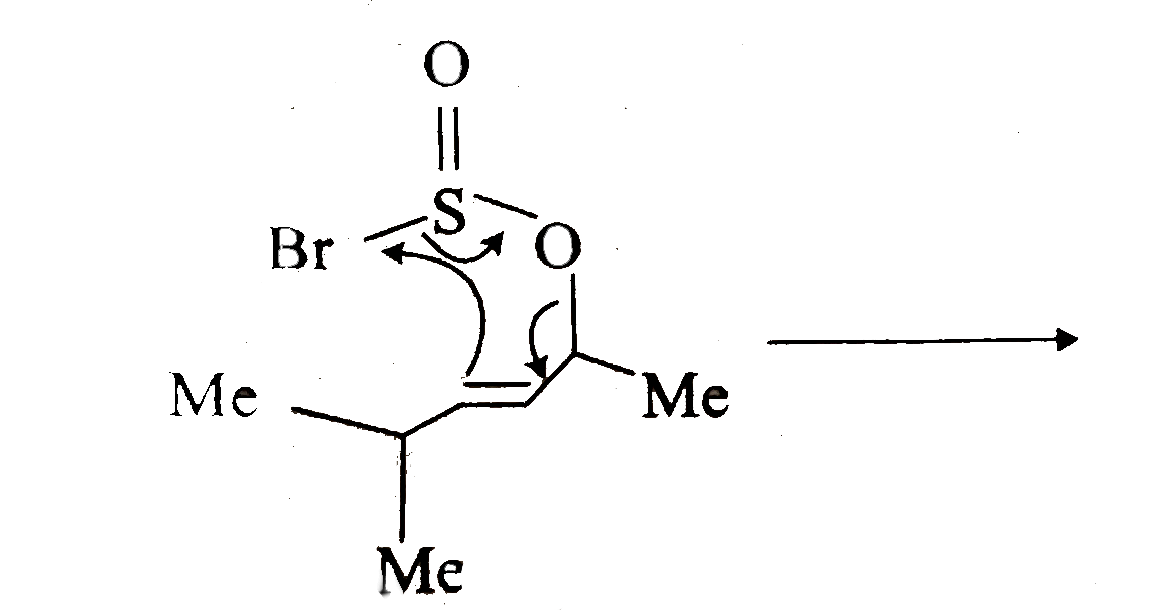Which of the following is the most productive ecosystem?
Estuary
Open sea
Desert
Mountain
The correct Answer is:A
To determine which of the following is the most productive ecosystem, we will analyze each option provided: estuary, open sea, desert, and mountain.
1. Understanding Ecosystem Productivity:
- Ecosystem productivity refers to the rate at which plants and other photosynthetic organisms produce organic compounds in an ecosystem. High productivity indicates a greater ability to support diverse life forms.
2. Analyzing Each Option:
- Estuary: An estuary is a partially enclosed body of water where freshwater from rivers meets and mixes with saltwater from the ocean. Estuaries are known for their high nutrient levels and biodiversity, making them highly productive ecosystems.
- Open Sea: The open sea, or oceanic waters, generally has lower productivity compared to coastal areas because of limited nutrient availability, especially in the deeper parts.
- Desert: Deserts are characterized by low rainfall and extreme temperatures, leading to low productivity. Vegetation is sparse, and the ecosystem supports fewer organisms.
- Mountain: Mountain ecosystems can vary widely in productivity depending on altitude and climate, but they generally do not match the productivity levels of estuaries.
3. Conclusion:
- After analyzing the productivity of each ecosystem, we conclude that the estuary is the most productive ecosystem among the options provided. This is due to its rich nutrient mixing and the presence of wetlands that support diverse plant and animal life.
Final Answer:
The most productive ecosystem is the estuary.
---
- Ecosystem productivity refers to the rate at which plants and other photosynthetic organisms produce organic compounds in an ecosystem. High productivity indicates a greater ability to support diverse life forms.
- Estuary: An estuary is a partially enclosed body of water where freshwater from rivers meets and mixes with saltwater from the ocean. Estuaries are known for their high nutrient levels and biodiversity, making them highly productive ecosystems.
- Open Sea: The open sea, or oceanic waters, generally has lower productivity compared to coastal areas because of limited nutrient availability, especially in the deeper parts.
- Desert: Deserts are characterized by low rainfall and extreme temperatures, leading to low productivity. Vegetation is sparse, and the ecosystem supports fewer organisms.
- Mountain: Mountain ecosystems can vary widely in productivity depending on altitude and climate, but they generally do not match the productivity levels of estuaries.
- After analyzing the productivity of each ecosystem, we conclude that the estuary is the most productive ecosystem among the options provided. This is due to its rich nutrient mixing and the presence of wetlands that support diverse plant and animal life.
The most productive ecosystem is the estuary.
Topper's Solved these Questions
- ECOSYSTEMBOOK - CENGAGE BIOLOGY ENGLISHCHAPTER - ECOSYSTEMEXERCISE - ARCHIVES (CHOOSE THE CORRECT OPTION)
41 Videos
- BODY FLUIDS AND CIRCULATIONS BOOK - CENGAGE BIOLOGY ENGLISHCHAPTER - BODY FLUIDS AND CIRCULATIONS EXERCISE - ARCHIVES (Choose the correct option)
30 Videos
- ENVIRONMENTAL ISSUESBOOK - CENGAGE BIOLOGY ENGLISHCHAPTER - ENVIRONMENTAL ISSUESEXERCISE - ARCHIVES
45 Videos
Similar Questions
Knowledge Check
Which one of the following is the most productive ecosystem?
ATemperate forestBGrasslandsCDesertDTropical rainforestWhich of the following ecosystems is most productive in terms of net primary production?
ADesertsBTropical rainforestsCOceansDEstuaries
Least productive ecosystem is
View SolutionWhich of the following ecosystems is most productive in terms of net primary production?
View SolutionWhich of the following is a most likely product from the reaction as shown below ?

View SolutionThe maximum biomagnification would be in which of the following in case of aquatic ecosystem
View SolutionWhich of the following is most stable ecosystem ?
View SolutionWhich of the following ecosystem is least productive ?
View Solution
